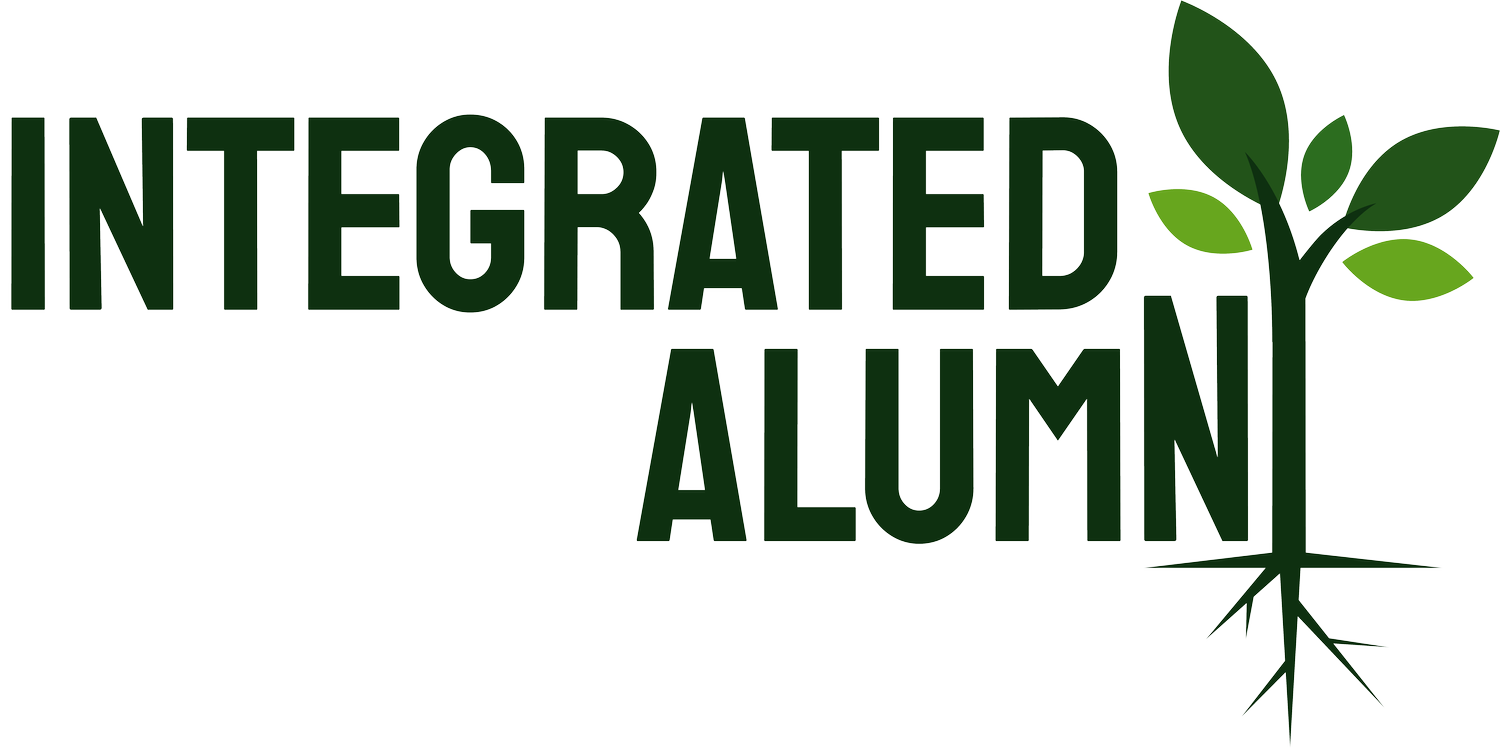Imagine Belfast Event Explores Challenges and Momentum Behind Integrated Education in Northern Ireland
On Wednesday, March 20th 2024, Integrated AlumNI, along with The Integrated Education Fund (IEF) hosted an engaging panel discussion in Belfast to explore the current state of Integrated Education in Northern Ireland as part of Imagine Belfast 2024.
Hosted by broadcaster and journalist Declan Harvey, the event brought together educators, advocates, alumni and parents to share their diverse experiences and perspectives on the challenges and growing momentum behind the Integrated Education Movement.
Parents don’t need to wait for politicians to break down barriers; they can do it themselves. Two thirds of people in NI want Integrated Education to be the main education model for our children, where both sides of our community learn together. Yet only 8% of children and young people attend Integrated Schools – demand is massive and many Integrated Schools are massively over-subscribed.
In the absence of government planning for Integrated schools, parents and communities continue to drive the development of Integrated Education. As part of the ‘Integrate My School’ campaign, parents can set up votes to transform their schools to integrated status. Over the last few years, the campaign has surged, with 22 successful ballots in the last 4 years, the majority of which had over 90% of parents in favour.
The audience heard from Ashley Moran, a teacher from a school that has transformed into an integrated school, Adam McGibbon, past student of an integrated school and member of Integrated AlumNI, and Jessica Blomkvist from the Integrate My School campaign.
Key insights that emerged from the panel and group discussions included:
The transformation process for schools to gain Integrated Status remains lengthy and complex, requiring strong commitment from school leadership and governance. Experiences of schools going through the process have been mixed, with some facing resistance while others have had more supportive boards.
There is huge latent demand and support for Integrated Education among parents and the public. However, translating this into active participation to initiate change at individual schools is an ongoing challenge.
Claims by Catholic and Protestant schools that they are already effectively "integrated" based on mixed enrollment do not align with Department of Education statistics showing enduring segregation across most schools. True integration requires an explicit ethos and approach, beyond just mixed classrooms.
The Integrated Education movement has made major strides in recent years, with a surge in the number of schools exploring transformation. However, the pace of change still feels slow compared to the scale of segregation that persists over 20 years post-Good Friday Agreement.
Reforming school governance to allow for more parental and community participation could help accelerate adoption of integrated models and make the process less dependent on individual school leaders and boards.
While challenges remain, there was a strong sense of optimism among participants that societal support and momentum behind integrated education is reaching a positive tipping point. With continued advocacy, policy reforms and grassroots engagement of parents and communities, Northern Ireland can make integrated education a reality for all children in the years ahead.
